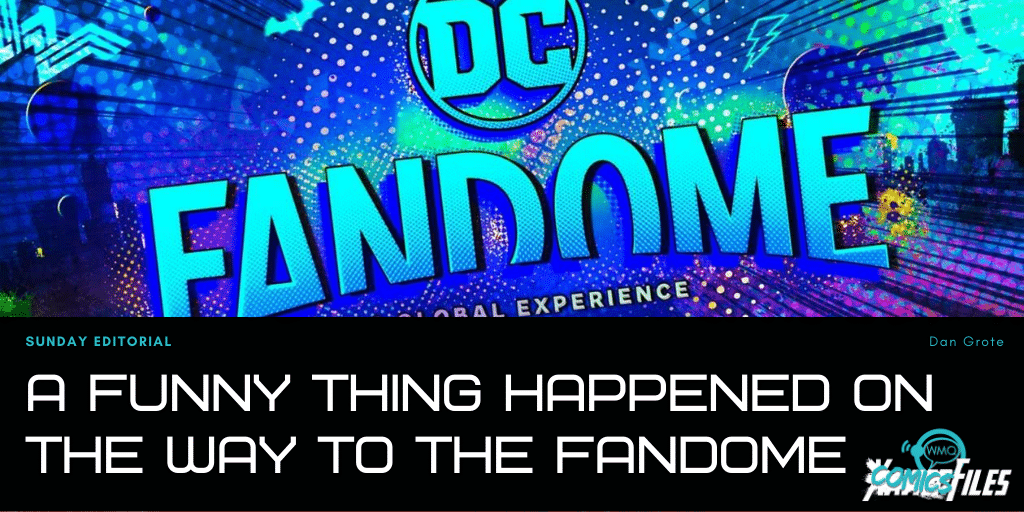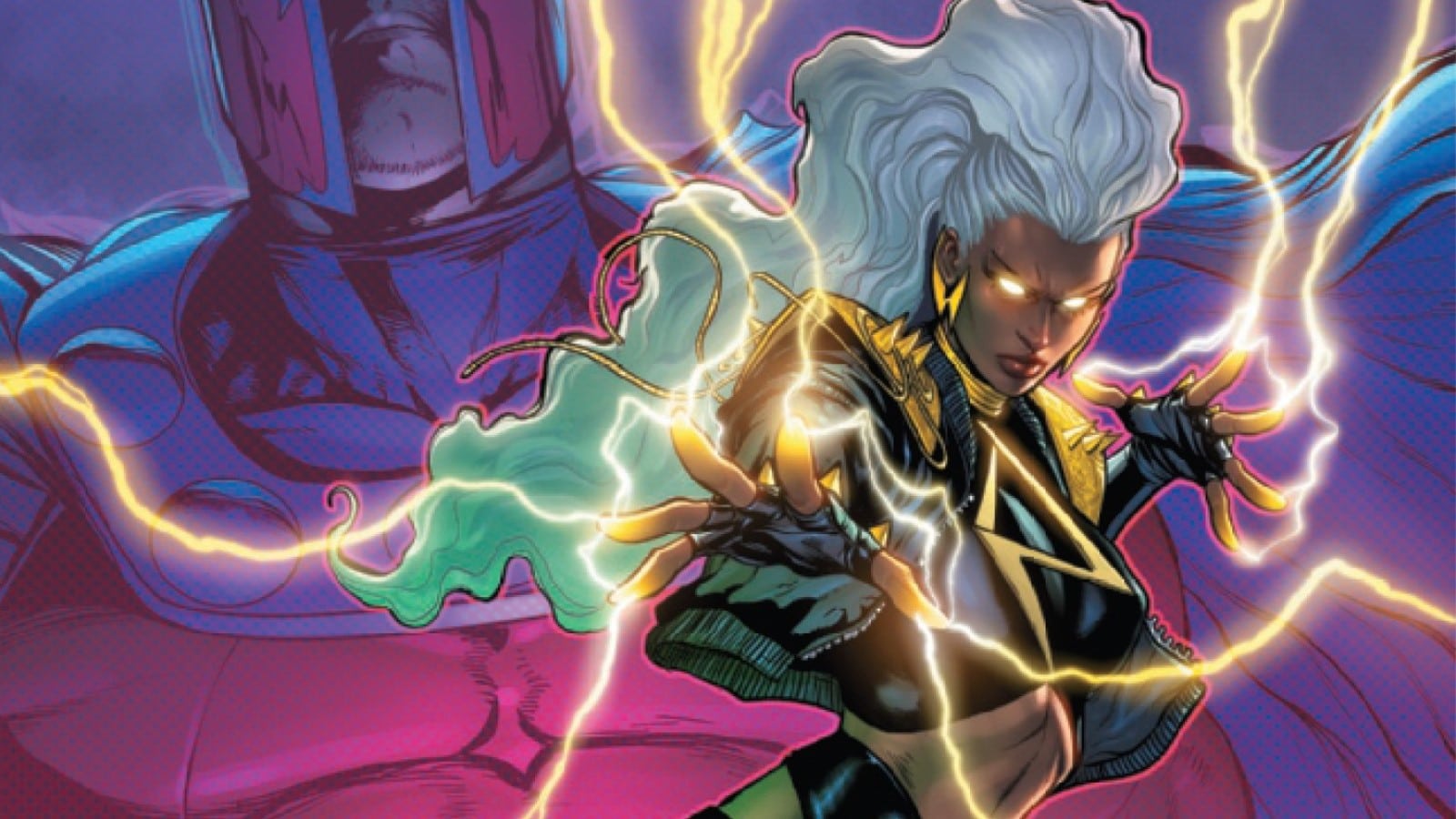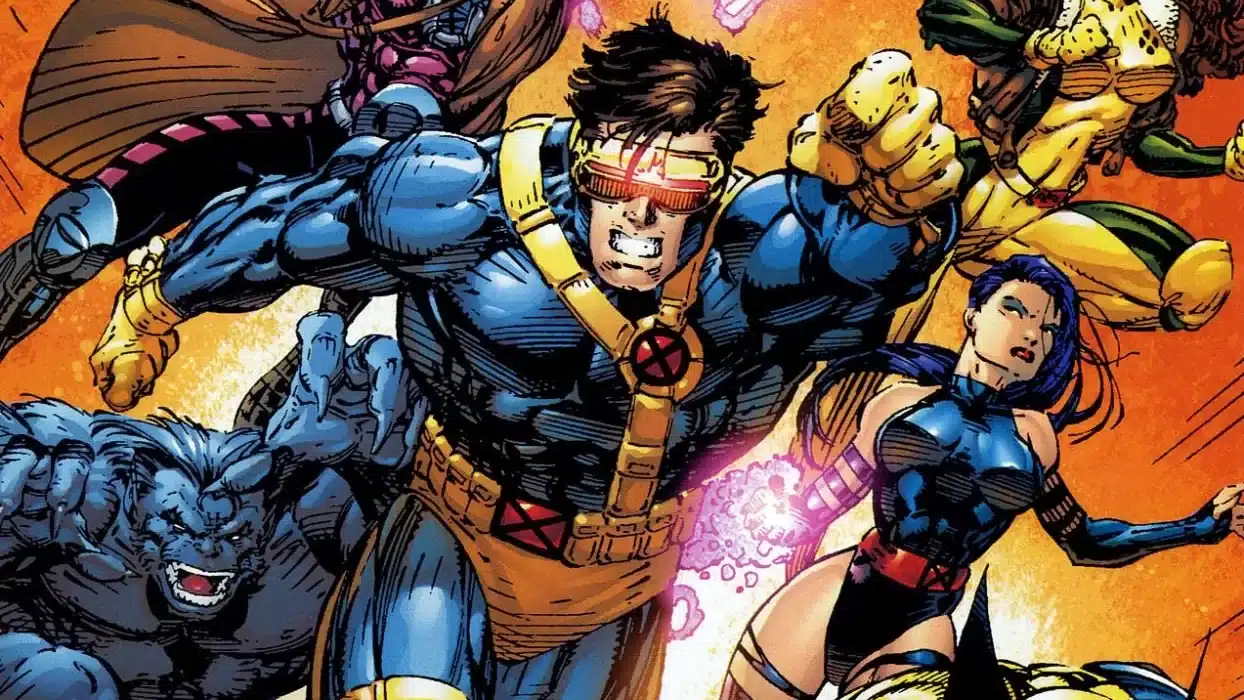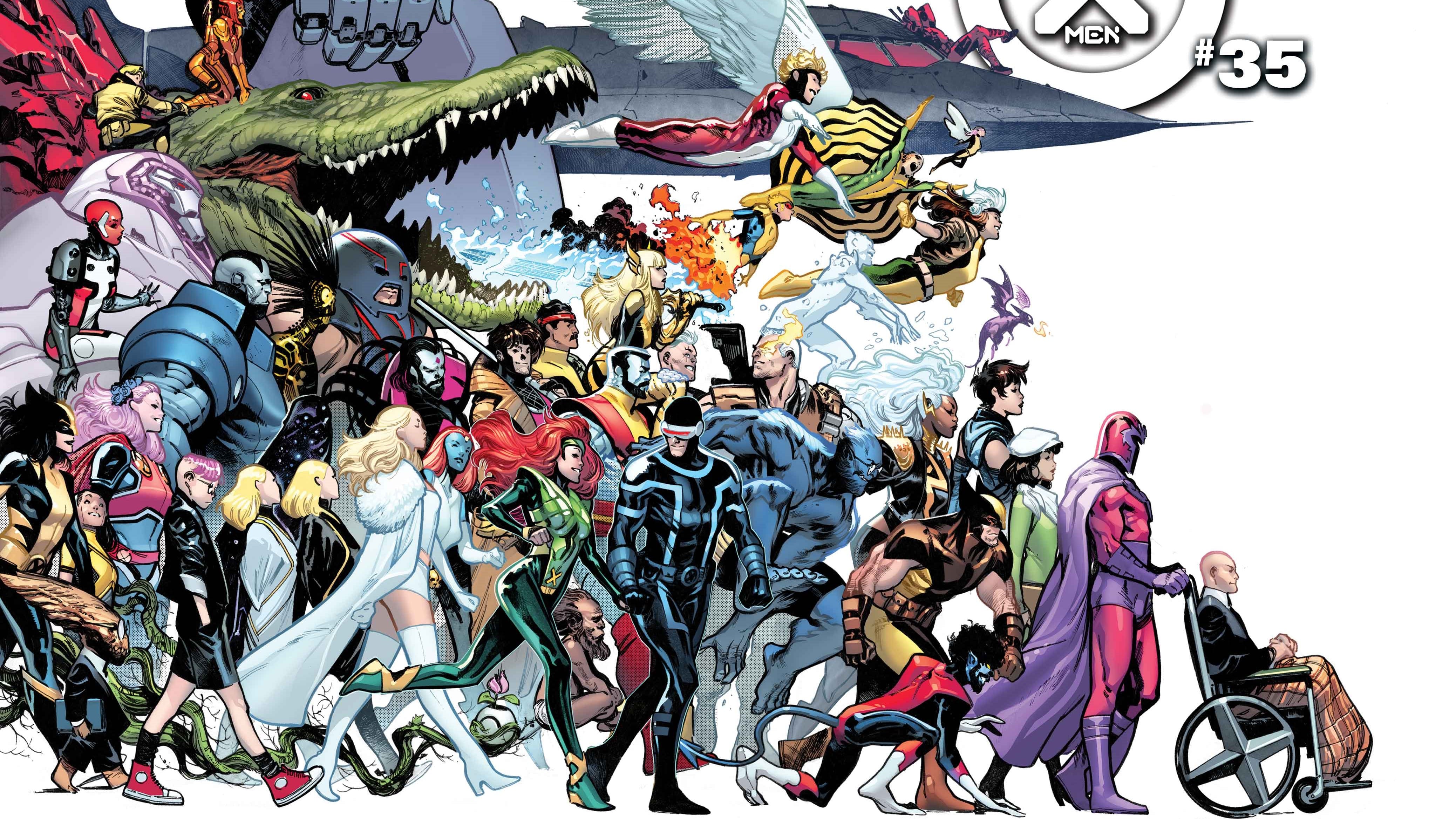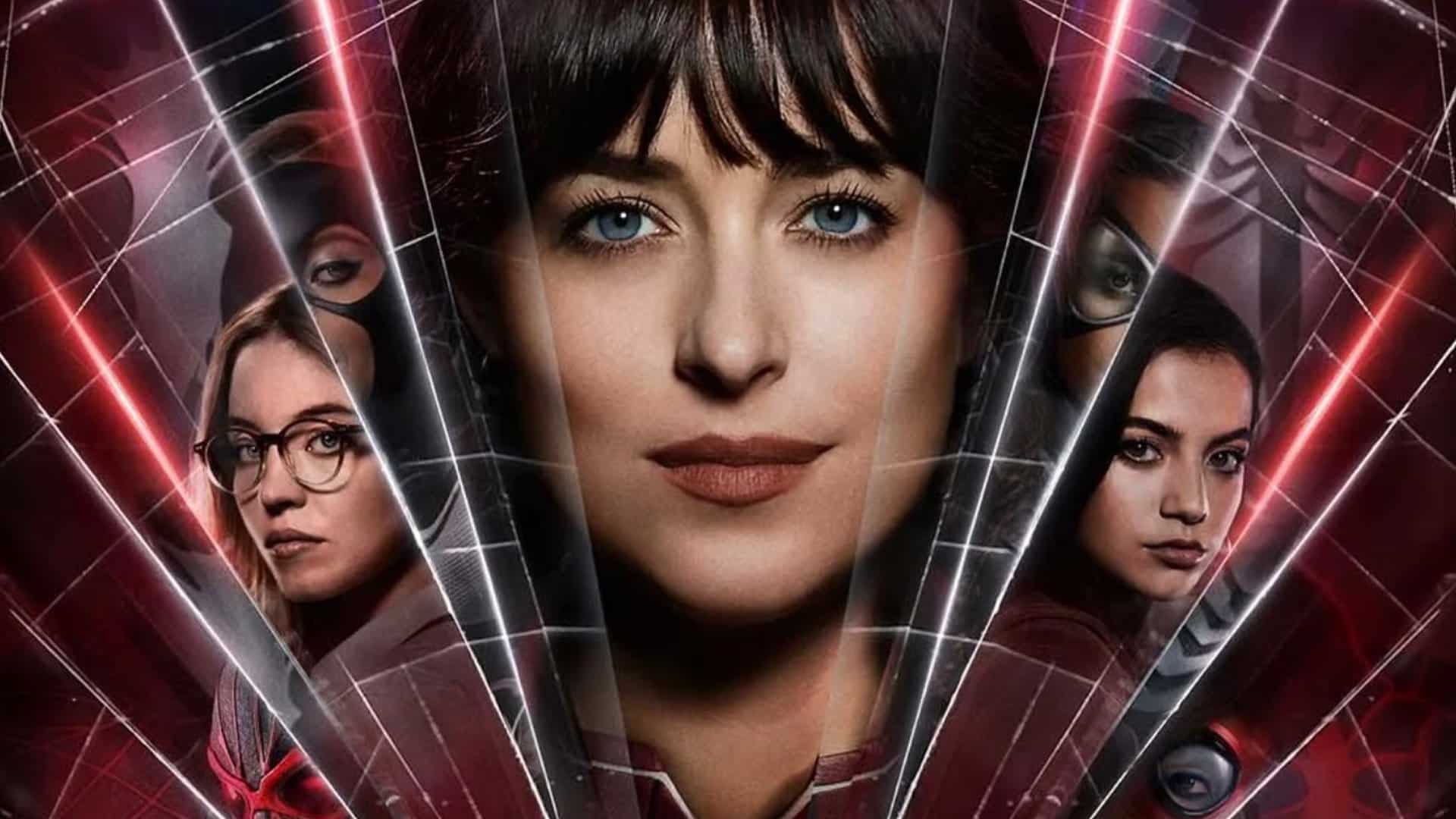Next Saturday, Aug. 22, is DC FanDome, described in a press release as a “24-hour, immersive virtual fan experience which brings the universe of DC to life and features the stars, filmmakers and creators behind its biggest films, TV series, games and comics.”
(Notice how comics are last.)
It’s like many of the virtual cons that have popped up in the age of COVID-19 — impersonal, video-and-streaming-heavy content intended to fuel hype for projects in various stages of delay, but without all the stuff that makes conventions worthwhile, like seeing old friends, meeting creators, dressing up as your favorite character or thumbing through endless dollar bins. Except in FanDome’s case, it’s all concentrated around one specific brand and its decades of vertical and cross-platform integration.
But on Monday, the hype for the FanDome got overshadowed by the real-life Thunderdome that came upon the DC offices, as executives, editors and longtime employees were let go in a tidal wave of layoffs across WarnerMedia’s properties that swept up as many as 600 people.
Inside sources called it “a bloodbath.”
Among those who reportedly have lost their jobs are Editor in Chief Bob Harras, SVP Publishing Strategy and Support Services Hank Kanalz, VP Bobbie Chase and editors Brian Cunningham, Mark Doyle and Andy Khouri.
Certainly the moves throw uncertainty on top of what was already a volatile year for the publisher, one in which it had parted ways with longtime co-Publisher Dan DiDio, saw itself caught up in an industry-wide shutdown, parted ways with the industry’s once sole distributor and seemingly scuttled yet another linewide reboot.
The fact that the pain visited upon DC was felt in other divisions of WarnerMedia, and the pain caused by the Diamond shutdown was felt across nearly all publishers, didn’t lessen the enormity of what went down Monday. It was a sharp left turn at a publisher that feels like it’s taken nothing but sharp lefts for the past five years. Long before Bloody Monday there was the move to Burbank; Rebirth; the introduction of its young-reader graphic novel line; the arrival of Brian Michael Bendis and his Portland-centric pals; Black Label; the rebirth (and quick re-death) of Vertigo; Lee Bermejo’s Bat-penis; the moral panic over Second Coming; the launch of the DC Universe streaming-and-comics service; sexual misconduct stories involving Eddie Berganza, Eric Esquivel, Warren Ellis and Scott Lobdell; 5G; DiDio’s departure; the shutdown; the new distributors; a minor feud between Tom King and Jae Lee over a variant cover in which the winner turned out to be ComicsGate; JFK! BLOWN AWAY! WHAT ELSE DO I HAVE TO SAY?!
Of course, this is comics we’re talking about, where the sky has been falling consistently since Freddie Wertham published “Seduction of the Innocent” in 1954. Surely, this couldn’t have been the worst thing to ever happen to the Distinguished Competition?
Our thoughts immediately drifted to 1978 and the so-called DC Implosion, when the publisher’s attempt at rapid expansion was met with an equal and crushing rapid contraction in which 40% of its titles were canceled and a number of employees were laid off. Maybe that was worse if we adjust for inflation?
“By comparison, what happened Monday was worse,” comics historian Keith Dallas, who studied the DC Implosion for a 2018 book, told Xavier Files. “A lot more people got fired.”
Fair enough. Everything’s worse in 2020.
But what can we learn from that earlier period?
Dallas said one of the interesting parallels between then and now is that both helped birth an evolution of the comics distribution system. The DC Implosion helped move comics away from newsstands and into specialty shops, the so-called direct market. Present-day DC may have birthed the beginnings of a similar sea change this spring when it parted ways with Diamond Comic Distributors in favor of new partners Lunar and UCS (not to mention Penguin Random House, which distributes DC products to the book market).
“This is where Warner, where AT&T and DC Comics recognize, y’know what, we are connected to an outdated system of distribution that has one distributor that we are at their whim, as we learned earlier this year,” Dallas said. “And DC Comics said, ‘Wait, that’s completely unacceptable. … We’ll take matters into our own hands.’”
An important thing to remember in all this is that 2019 North American comic and graphic and novel sales were up 11% over 2018, according to Comichron and ICv2’s annual analysis. It also was the first year book channel sales outpaced comic shop sales, a feat in which DC’s graphic novels for younger readers played a significant role (Among those employees spared and elevated was Michelle Wells, who spearheaded the lines formerly known as Ink and Zoom). The market, for all intents and purposes, was healthy. So abandoning your entire comics operation would be foolish. (And in an interview Friday with The Hollywood Reporter, Publisher Jim Lee agreed.)
“I don’t see DC Comics going anywhere,” Dallas said. “I think this is DC Comics sort of transitioning away from Diamond and the retailers and saying, ‘We can do this without you.’”
Still, 2019’s successes feel like a lifetime ago in corona times.
Now, there’s a global pandemic, the U.S. economy is walking wounded and corporations everywhere are dropping human ballast in a desperate bid to maintain altitude.
So is it the best time to be holding what is effectively a DC pep rally? You could make the argument DC has no business patting itself on the back during a time when it just wiped out a fifth of its bullpen, its remaining employees are likely actively grieving the loss of valued colleagues and the company is in the process of moving all its streaming content to HBO Max, retooling its collectibles operation and can’t realistically tell people when its movies are coming out.
Or, you could be like Dan McMahon.
“Even with the layoffs, I am still excited for FanDome,” said the Xavier Files contributor, CBR editor and co-host of the DC-centric Super Sons podcast. “As someone who lost their job during this pandemic, it’s a scary time. I cannot control what Warner and AT&T do to a company I love. I can, though, find my worldly reprieve in the stories of the DC Universe and things related.”
Before Monday, McMahon was talking about all the social media fun he was going to have with FanDome, including cosplay, a podcasters-vs.-superheroes in beer pong audio play, DC-themed cocktails and maybe even some commissions.
For McMahon, the FanDome is an opportunity for pure, unadulterated, positive fandom, the stuff that makes comics good in the first place, and a little bit of what’s missing while in-person conventions are on hold.
“The whole FanDome thing is 100% marketing, but I don’t mind being marketed to if it’s stuff I love,” he said. “At least I get to spend 24 hours celebrating characters I love with my brother, best friend and my partner. It’s the digital frontier, and I just gotta make the best of it.”
Don’t we all?
So where do we go from here? Honestly, if you look at the past five years, there are no tea leaves to read. Or if there are, they’re mixed in with coffee grinds, Kool-Aid powder and those cucumber slices fancy people put in their water.
More change is coming, of that we can be certain. November’s solicitations, released Friday, spell the end for titles like Young Justice, Teen Titans, John Constantine: Hellblazer, Hawkman and Suicide Squad.
But it likely won’t all be negative. Heck, just a couple days ago, DC announced that John Ridley’s “Other History of the DC Universe,” originally teased in 2018 and long thought abandoned, will finally come out in November.
Maybe the FanDome will give us a clear picture of DC’s strategy going forward. Maybe it will be a perverse party at ground zero.
Either way, there better be snacks.
Dan Grote is the editor-in-chief of ComicsXF, having won the site by ritual combat. By day, he’s a newspaper editor, and by night, he’s … also an editor. He co-hosts WMQ&A: The ComicsXF Interview Podcast with Matt Lazorwitz. He lives in New Jersey with his wife, two kids and two miniature dachshunds, and his third, fictional son, Peter Winston Wisdom.

